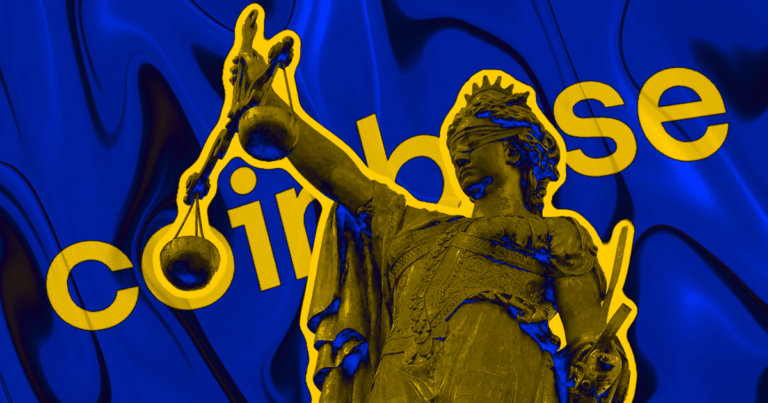 Coinbase stands strong in consumer lawsuit as case is revived post-appeal
Coinbase stands strong in consumer lawsuit as case is revived post-appeal Coinbase stands strong in consumer lawsuit as case is revived post-appeal
A date-related error means that the case must resume even though a past dismissal largely favored Coinbase.

Cover art/illustration via CryptoSlate. Image includes combined content which may include AI-generated content.
An appellate court has revived a civil lawsuit against Coinbase due to a clerical error despite ruling that the initial dismissal was appropriate.
The current ruling largely supported a federal court’s dismissal of the case, noting that the district court “properly dismissed” the plaintiffs’ Section 29(b) complaints. It also called the claims “repetitive conclusory allegations.”
Coinbase chief legal officer Paul Grewal responded to the legal development on April 5, saying that crypto exchanges have no private liability for secondary trading of crypto tokens because “contracts matter.”
In their earlier amended complaint against Coinbase, plaintiffs attempted to remove references to the company’s user agreement, undermining their claims against Coinbase under Section 29(b) of the Exchange Act.
Lawsuit revived
Although the appeals court affirmed many aspects of the dismissal, it revived the case because the district court, which was originally responsible for the case, made a date-related error.
The district court relied on Coinbase’s December 2021 user agreement but erroneously referred to the December 2020 version when considering the plaintiffs’ allegations. The parties involved in the case agree that the court made the error. However, there is disagreement on whether the mistake is relevant.
Coinbase argues that the December 2021 agreement was integral to the amended complaint, while plaintiffs argue that no version of the agreement is integral because they did not rely on any version of the contract to support their claims.
Plaintiffs initially claimed in 2021 that Coinbase’s sale or solicitation of 79 digital assets constituted illegal contracts because the company failed to register with the SEC.













































































































